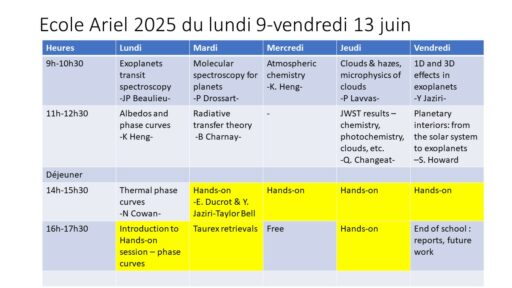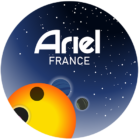ARES IV – Fréjus 8-14 June 2025
Transits, eclipses, and phase curves for probing the atmospheres of hot gaseous planets
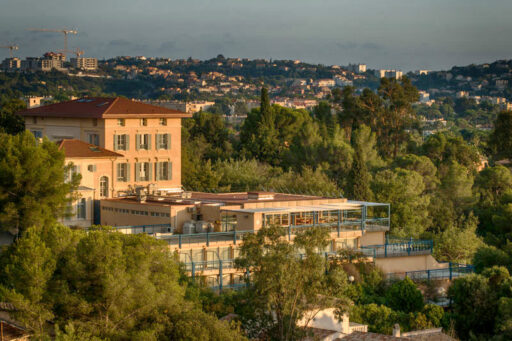
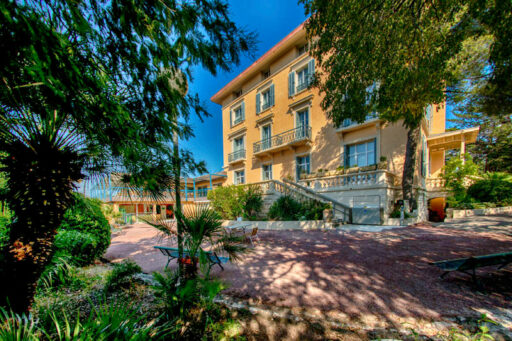
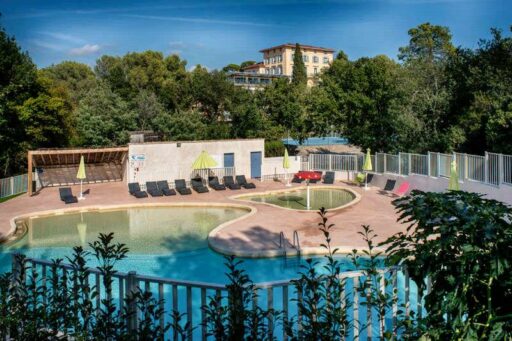
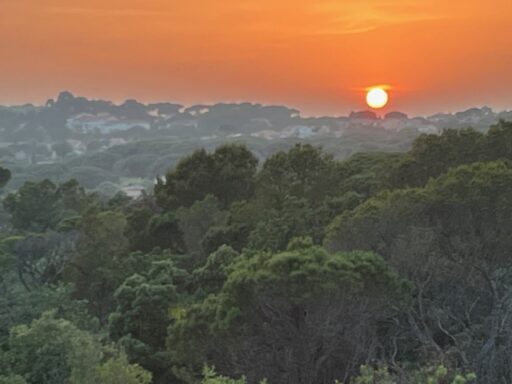
With the advent of JWST exoplanets spectral characterization, the study of the exo-atmospheres enters a mature phase thanks to increased SNR and wavelength coverage in infrared spectra. The Ariel mission also progresses in its preparation, including defining a realistic statistical sample of ~1000 exoplanets from super-earths to Jupiters, from temperate to very hot.
With the support of CNES, Ariel Schools for young scientists have been regularly organized since 2019. The 2025 edition takes place from June 8 to 14 in Fréjus, a charming mediterranean city in the vicinity of Nice. As in previous editions, general lectures are accompanied with hands-on work, with participants performing simulations and data reductions in real time.
Transits probe the atmospheres at the day–night terminator, while eclipses yield reflectance and emission spectra of the day side of the planet, and phase curves probe global atmospheric dynamics and cloud cover. These are complementary lines of attack. What is the best approach for Ariel? This will be the topic of the ARES IV school. This edition is focused on gaseous planets, with a special emphasis on clouds and hazes that are constrained through spectroscopy in transit, eclipse and phase-resolved observations. The physics of clouds and haze is presented, from clouds microphysics, haze formation in stratospheric or ionospheric environment, scattering properties and radiative transfer questions. These models are confronted to the recent observations of a handful of planets observed by JWST in particular WASP-43b, …
Students work in teams of two, and each group studies planets from the target list of JWST cycles 1 to 3, and present in the Ariel Mission Reference Sample. They then compute direct models of planets for comparison to observations. This hands-on session is in phase with the preparation of JWST Cycle 5 proposals in autumn 2025.
This initiation will pave the way for future developments in the coming years, specifically the 2025 Ariel Dry-Run, which will culminate with a general open conference in spring 2026.
Science organizing committee :
- Jean-Philippe Beaulieu (IAP)
- Pierre Drossart (IAP)
- Kevin Heng (LMU)
- Benjamin Charnay (LESIA)
- Panayotis Lavvas (GMSA)
- Quentin Changeat (Groningen)
- Nick Cowan (McGill Univ.)
Local organizing committee :
- Pierre Drossart & Jean-Philippe Beaulieu (@iap.fr)
Final Program and presentation list
Week of June 8 to 14 June 2025 – click on the program to get the list of presentations
